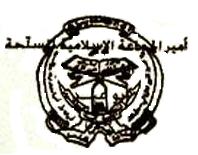
The Armed Islamic Group was one of the two main Islamist insurgent groups that fought the Algerian government and army in the Algerian Civil War.

Abdelaziz Bouteflika was an Algerian politician and diplomat who served as the seventh president of Algeria from 1999 to his resignation in 2019.
Articles related to Algeria include:
The Organization of Young Free Algerians was a pro-government armed group that claimed credit for various attacks against civilians who sympathised with the Islamists during the Algerian Civil War. It was active mainly in 1994 and 1995. However, it was a front under which elements of the DRS, the Algerian security services, operated. OJAL never existed as an independent organisation.

Fatiha Boudiaf is an Algerian activist, widow and second wife of former Algerian President Mohamed Boudiaf. After his assassination in 1992, she set up the Boudiaf Foundation to spread her husband's message of peace. She has been an outspoken critic of the conviction of Lambarek Boumaarafi, saying that a larger conspiracy was involved in the death of her ex-husband and has demanded that the investigation is reopened.
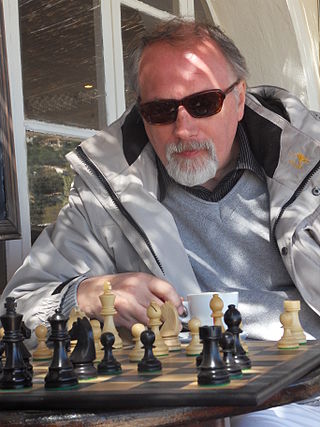
Arno Nickel is a German correspondence chess Grandmaster and a well-known German chess publisher.
International Correspondence Chess Federation (ICCF) was founded on 26 March 1951 as a new appearance of the International Correspondence Chess Association (ICCA), which was founded in 1945, as successor of the Internationaler Fernschachbund (IFSB), founded on 2 December 1928.
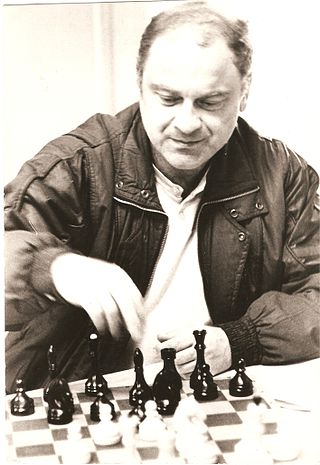
Mikhail Markovich Umansky was a Russian chess grandmaster of correspondence chess, who was the 13th ICCF World Champion in correspondence chess between 1989 and 1998. He was also USSR Correspondence Champion in 1978.

Rachid Boudjedra is an Algerian poet, novelist, playwright and critic. Boudjedra wrote in French from 1965 to 1981, at which point he switched to writing in Arabic, often translating his own works back and forth between the two languages. Boudjedra returned to writing in French in 1992 and has continued to write in that language ever since. Educated in Constantine and in Tunis, Boudjedra later fought for the FLN during the Algerian War of Independence. He received his degree in philosophy from the Sorbonne, where he wrote a thesis on Céline. Upon receiving his degree, he returned to Algeria to teach, but was sentenced to two years in prison for his criticisms of the government and was exiled to Blida. He lived in France from 1969 till 1972, and then in Rabat, Morocco until 1975.
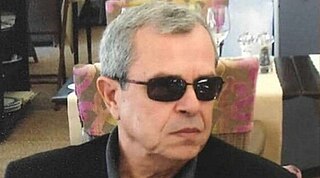
General Mohamed Mediène, also known as Toufik (توفيق), is an Algerian intelligence officer who formerly served as head of the country's secret services, the Intelligence and Security Department, from 1990 to 2015. He was described as the world's longest serving "intelligence chief" and nicknamed le chakal.

Marie-Monique Robin is a French TV journalist and documentary filmmaker. She generally issues books and documentary films together on the topics she investigates, in order to make more people aware of the issues she studies.
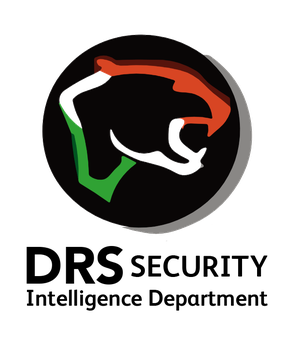
The Department of Intelligence and Security (DRS) was the Algerian state intelligence service. Its existence dates back to the struggle for independence.
Lt. Gen. Mohamed Lamari was Chief of Staff of the Algerian army during most of the Algerian Civil War.
Major General Smain Lamari was the head of an Algerian intelligence service, the Department of Counter-Espionage and Internal Security.
Events from the year 2008 in Algeria.
Leila Shenna is a Moroccan former actress who featured on film mostly in the 1970s.
Events from the year 2009 in Algeria
Mohamed Seghir Boushaki, was an Algerian Kabyle politician after the French conquest of Algeria.
Saïd Bouteflika is an Algerian politician and academic. He is the brother and was a special adviser of Abdelaziz Bouteflika in his former role as President of Algeria, on whom he would have had "considerable influence", especially after the president suffered a serious stroke in 2013. He was also an assistant professor at the University of Science and Technology Houari Boumediene (USTHB).
Fodil Mezali is an Algerian journalist, editor-in-chief and managing editor.









